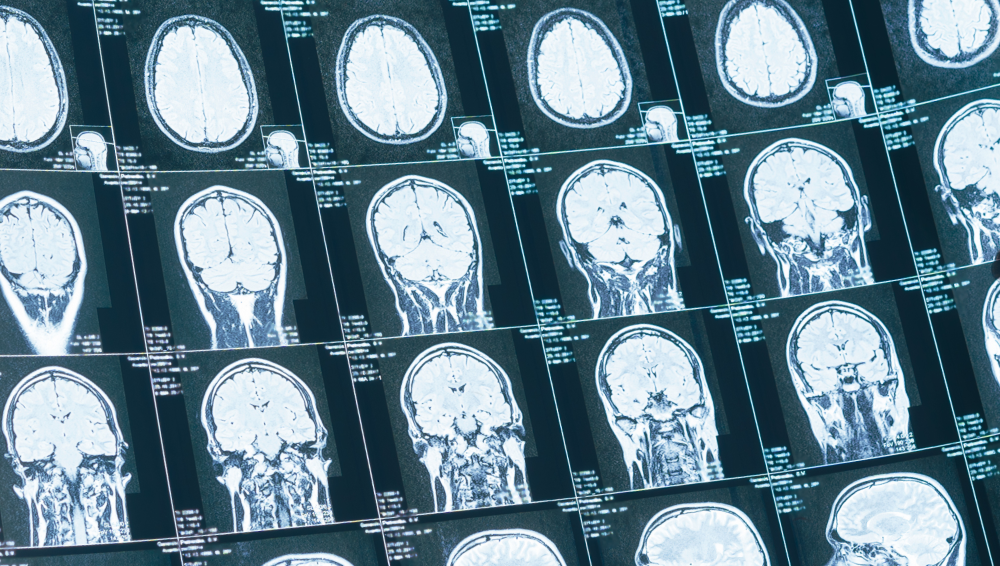Quick Summary
- A smart contract is a line of code that runs on top of a blockchain and is triggered once certain conditions are met.
- Automated online agreements are executed without the involvement of third parties. In today’s world, they are used across a variety of industries, including healthcare.
These self-executing programs hold great promise for the healthcare sector, especially when it comes to streamlining arduous manual processes, automating bureaucratic procedures, and alleviating human error.
To manage sensitive tasks like record keeping, transactions, and correspondence, many healthcare institutions utilize highly centralized conventional management systems. Due to limited interoperability, data corruption susceptibility, and lack of transparency, many traditional systems are susceptible to failure.
How smart contracts work
It is possible to program smart contracts to perform a wide range of tasks. When a transaction is made, they can, for example, record payment information on the blockchain while ensuring only entities with permissioned access can view it.
Smart contracts can be used by healthcare companies to send out salaries, keep patient information, and notify insurance companies about pending medical bills. Runtime environments are usually compatible with smart contract programs. Ethereum’s blockchain, for example, executes smart contract codes via its Ethereum Virtual Machine, which allows the installation of decentralized applications, including smart contracts.
Medical records with smart contracts
A patient’s medical record is essential to their care. Doctors and relevant medical practitioners can view past medical records using smart contracts created on the blockchain. Using the patient’s past treatment history and subsequent outcomes would enable them to devise better treatment procedures.
Furthermore, smart contracts can send patient information to insurance companies for the purpose of smoothing out patient compensation claims.
Reducing billing and collection costs
Revenue cycle management can be challenging for healthcare institutions without effective billing systems. If billing and collection errors cause major interruptions, they can hinder optimal service. It is possible to mitigate many of these challenges by incorporating elaborate checklists into blockchain networks that are trustless and incorporate smart contracts.
The use of such systems would be beneficial in cases where transparency issues already exist. Smart contracts with multisignature fail-safes would ensure management consensus to avoid related issues.
Moreover, since decentralized ledger networks are immutable, storing billing information on the blockchain would prevent problems related to data loss.
Speed and privacy
Delays in medical information transfers can lead to poor service. With smart contracts, healthcare institutions can disseminate patient information across relevant departments. In order to protect the privacy of each patient, some smart contract systems can generate unique anonymized identifiers.
Additionally, they can block unauthorized access while allowing personnel, partners, and regulators to inspect the records. As a result, smart contracts that manage confidential patient information may require periodic security audits, exposing sensitive data.
Countering fake drugs with smart contracts
There are hundreds of millions of dollars worth of counterfeit drugs entering the healthcare industry every year. Pharmacy and hospital losses are caused by the bogus drugs, and sometimes victims die from taking them. A dysfunctional supply chain system makes it possible for these fake medicines to flow because it is impossible to track their origins.
Smart contracts can be used to detect fake drugs by verifying supply chain data provided by manufacturers. As drugs move through the supply chain, such systems would allow tracking using custody logs.
The use of smart contracts in other aspects of health
Some aspects of telehealth have been revolutionized by remote monitoring devices. Healthcare professionals can now access real-time data concerning physiological elements such as a patient’s heart rate via wearable devices.
Blockchain-based smart contracts can not only store such data, but also ensure that only the intended recipients are able to access it by encrypting it. A smart contract’s ability to improve customer experiences is also becoming apparent in health insurance. Smart contracts, for example, process claims payments more quickly than manual procedures, which can sometimes take weeks to complete.
These technologies have some limitations in the sector due to constantly changing pre-contractual disclosure obligations, which require some degree of human interaction.
Conclusion
It is good to see that blockchain technology also has great applications in healthcare and that it can help people, as blockchain is often mentioned in illegal activities.
Disclaimer: This article is provided for informational purposes only. It is not offered or intended to be used as legal, tax, investment, financial, or other advice.






